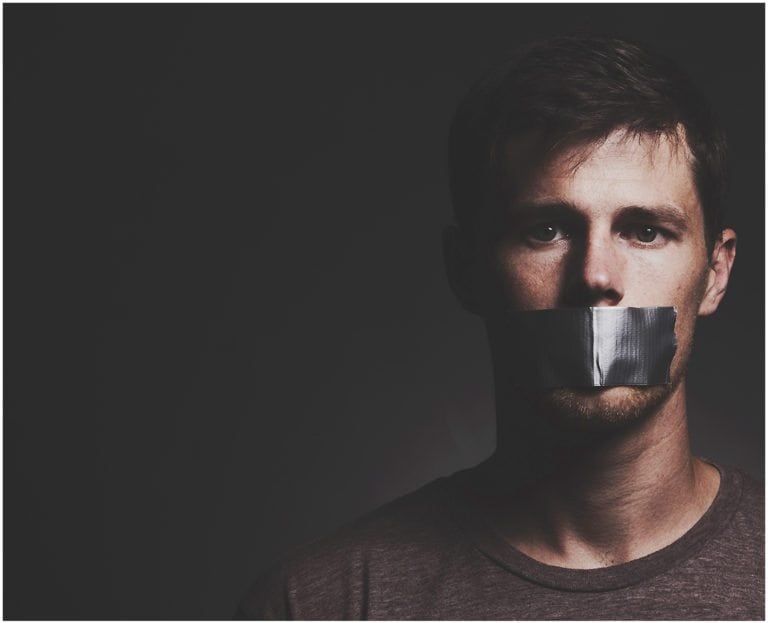
An Election Postmortem for American Christianity
It’s all over. At this point, it doesn’t matter who won this election. Yes, the results have determined the residents of 1600 Pennsylvania Avenue for the next four years, but a different outcome wouldn’t


